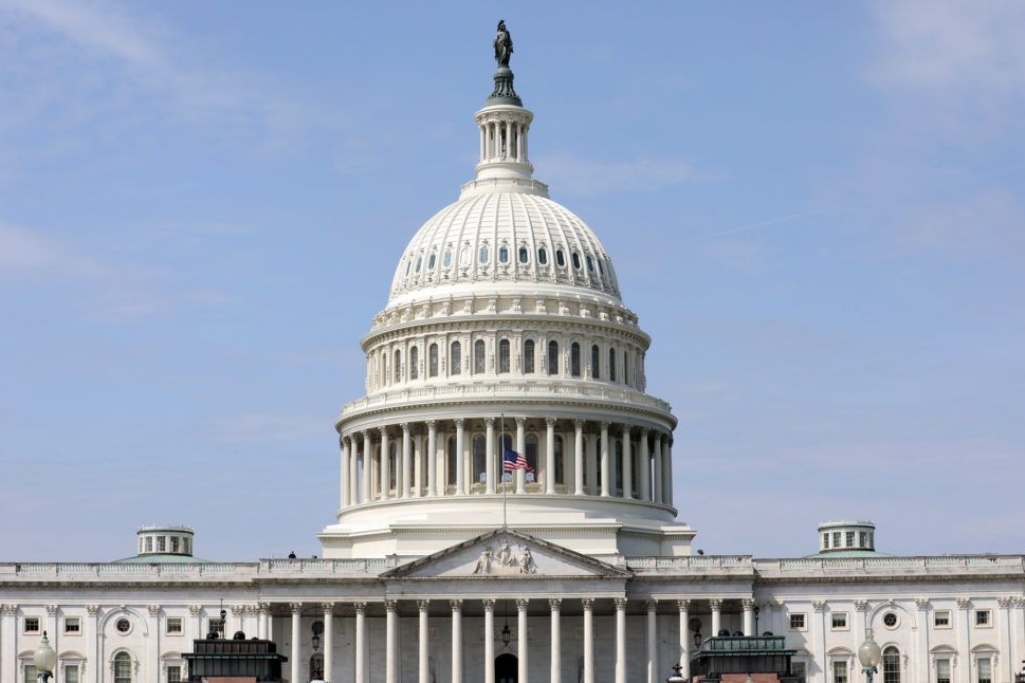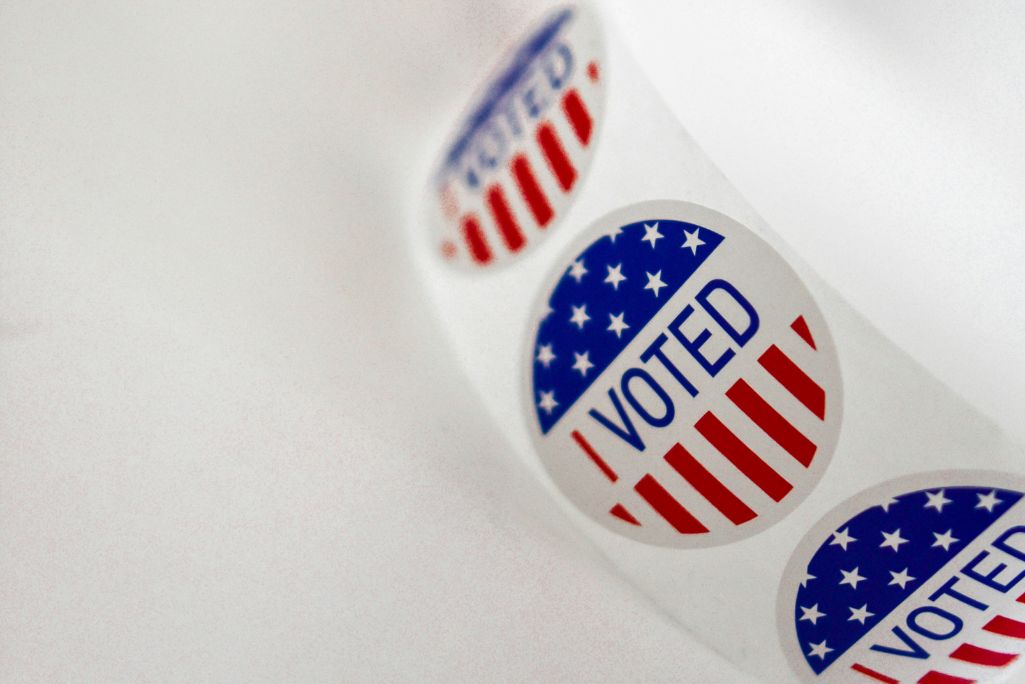
WASHINGTON (BP) – The U.S. Senate rejected an attempt Thursday (April 27) to revive the Equal Rights Amendment more than four decades after the controversial proposal passed its deadline for ratification.
Senators voted 51-47 almost totally along party lines to invoke cloture, as the procedural move is known, but fell short of the 60 votes required to cut off debate and proceed to a floor vote on the proposal. The resolution would have retroactively eliminated the 1982 deadline for ratifying the Equal Rights Amendment (ERA) and would have made the measure a valid constitutional amendment approved by three-fourths of the states.
Supporters of the ERA, which would ban discrimination on the basis of sex, contended Congress has the authority to take such a step, but opponents disagreed. The Southern Baptist Ethics & Religious Liberty Commission (ERLC) and other critics of the amendment also said the ERA would vastly expand abortion rights, threaten religious freedom and actually restrict some rights of females.
The ERLC commended the Senate’s action.
Thursday’s vote “should be the final nail in the coffin for efforts to resurrect this harmful amendment,” ERLC President Brent Leatherwood told Baptist Press. “As Southern Baptists, we believe that all people — that all women — are made in the image of God. Each woman possesses immeasurable worth, dignity and value.
“We desire to see a world where women have the freedom to thrive in whatever way God has uniquely called them,” he said in written comments. “But the ERA does not achieve those goals. Rather, it pushes us further away from them.
“Now, after 50 years of attempts to shoehorn the ERA into the Constitution, it is time to move on and support real policies that empower women, value life and protect religious liberty.”
In 1972, the Senate and House of Representatives passed the ERA with the required two-third majorities. Congress established a seven-year deadline for ratification by the states. When it appeared three-fourths of the states would not approve the amendment, Congress voted in 1978 in an intensely debated move to extend the deadline by three more years. ERA proponents, however, achieved passage in only 35 of the 38 states needed before time expired in 1982. Three more states have ratified the amendment in recent years, but six states have voted to rescind their ratifications.
The House approved bills to remove the ERA deadline in both 2020 and 2021 under Democratic leadership, but Republicans regained control of the chamber in the November elections. Thursday marked the first time the Senate, where Democrats hold a slim advantage, has voted in an effort to remove the 1982 deadline.
Messengers to the 1978 Southern Baptist Convention meeting approved a resolution that opposed extending the ratification deadline, describing it as an “illegal attempt to tamper” with the Constitution. The resolution also said the right of states to rescind their ratifications should be included in any extension bill.
The effort in recent years to resuscitate the ERA renewed long-standing warnings about its expected effects. The ERLC and other foes of the amendment said the ERA could eliminate not only all restrictions on abortion and its government funding but also conscience protections for pro-life healthcare workers and, in effect, spaces segregated by sex for the privacy and safety of women in particular.
The ERA “has been legally dead for decades, and attempting to ratify it after its expiration only undermines our rule of law,” said Denise Harle, senior counsel with Alliance Defending Freedom, after the roll call.
“We’ve seen increasing efforts from radical ideologues and activists to reject truth and redefine ‘sex,’ leaving the very word the ERA centers on subject to alarming reinterpretation,” she said in a written statement. “The ERA could also be misused … to strike down even modest state protections for mothers and their unborn children.”
The importance of abortion in the debate over ERA was demonstrated during an April 25 floor speech by Senate Majority Leader Charles Schumer.
“Anyone who thinks the ERA isn’t necessary at a time like this is not paying attention to the terrible things happening in this country,” the chamber’s lead Democrat said. “In the past year alone, the Supreme Court has eliminated the protections of Roe v. Wade; our courts have targeted drugs like [the abortion pill] mifepristone; and we have seen over a dozen hard-right states enact near-total bans on abortions.
“We need the ERA more than ever, ever before,” the New York senator said.
Near the close of the roll call, Schumer changed his vote from affirmative to negative so he could bring a motion to reconsider the resolution under Senate rules. Afterward, Schumer explained he was not giving up and made the switch to make a future vote possible.
Other than Schumer’s change for a procedural purpose, no Democrat voted against the resolution. Two Republicans voted in favor: Sens. Susan Collins of Maine and Lisa Murkowski of Alaska.
Since 2017, Nevada, Illinois and Virginia have ratified the ERA despite the deadline being long past. Nebraska, Tennessee, Idaho, Kentucky and South Dakota voted to rescind their ratifications between 1973 and 1979. North Dakota revoked its ratification in 2021.
The ERA says: “Equality of rights under the law shall not be denied or abridged by the United States or by any State on account of sex.”
(EDITOR’S NOTE – Tom Strode is Washington bureau chief for Baptist Press.)


